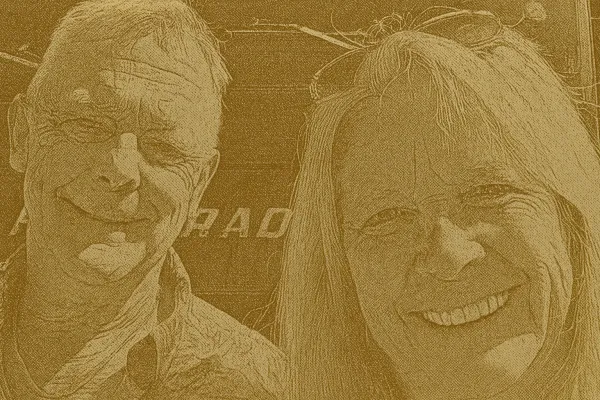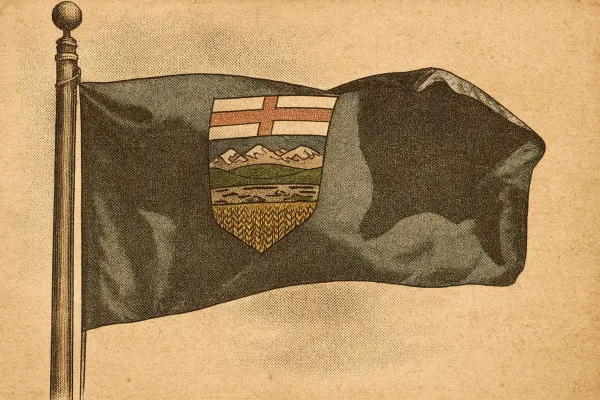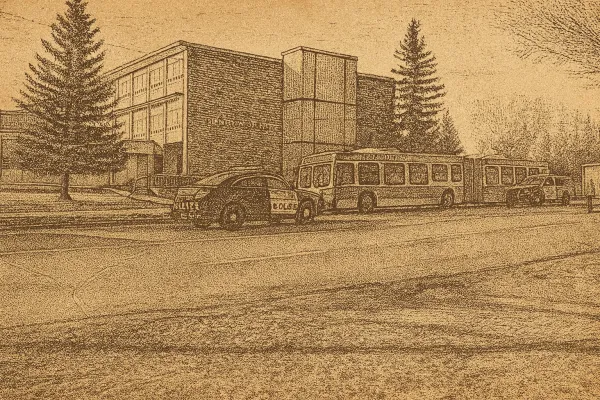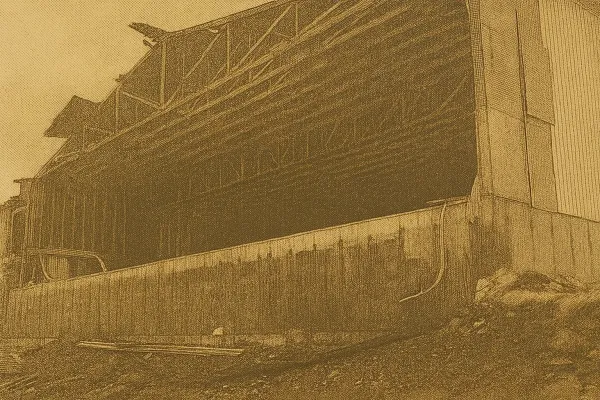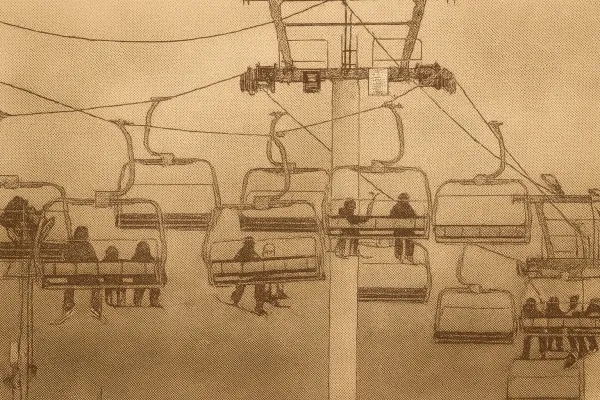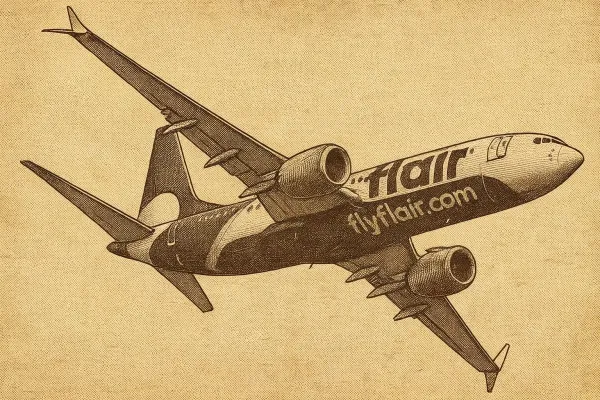Based on coverage from CBC and TheTravel.
Canadian Snowbirds Face New U.S. Border Procedures
Canadian snowbirds, those intrepid travellers who flee the Great White North for warmer climes each winter, have been met with unexpected changes at the U.S. border this year. The new procedures, which include fingerprinting and photographing, have caught many off guard, leading to confusion and frustration. U.S. Customs and Border Protection (CBP) has confirmed that these measures are now standard for Canadians staying in the U.S. for more than 29 days.
Confusion and Delays at U.S. Border Crossings
Jacquie and Steve Ree from Ladysmith, B.C., were among those surprised by the new process. When they arrived at the Peace Arch Border Crossing between Surrey, B.C., and Blaine, Washington, they were prepared for the new registration requirement. However, they were not expecting the lengthy wait and thorough inspection of their motorhome. After a 1.5-hour wait and conflicting instructions from CBP officers, they were finally registered, fingerprinted, and photographed, all for a $60 US fee. Jacquie Ree described the fee as a "money grab" and noted the apparent confusion among CBP officers about the registration process.
The new registration requirement stems from an executive order issued by former U.S. President Donald Trump, mandating that foreign visitors staying 30 days or longer register with the U.S. government. Those who fail to comply could face significant fines or even jail time. While air travellers are typically exempt due to their electronic arrival records, land travellers often do not receive such documentation, necessitating the new procedures.
Support The Canada Report and help keep it ad-free and independent — click here before you shop online . We may receive a small commission if you make a purchase. Your support means a lot — thank you.
Alternative Registration Options and Ongoing Confusion
Despite the CBP's insistence on the new procedures, there appears to be an alternative for land travellers. Some immigration lawyers and snowbird organizations suggest that Canadians can complete a U.S. Citizenship and Immigration Services (USCIS) form called G-325R once they reach their destination in the U.S. This form, which does not require fingerprinting or a fee, must be completed within 30 days of arrival. However, the availability and awareness of this option seem inconsistent, as some travellers, like Brenda and Dan Paige from Calgary, were not informed about it at the border.
U.S. immigration lawyer Jennifer Behm explains that the decision to allow the G-325R form is at the discretion of individual CBP officers, adding to the confusion. Behm attributes this inconsistency to the involvement of two separate immigration agencies, CBP and USCIS, which do not always operate seamlessly together.
Mixed Reactions and Future Implications for Snowbirds
The new procedures have elicited mixed reactions from Canadian snowbirds. While some, like the Paiges, complied without issue, others, like Caroline Horne from Burlington, Ont., encountered no mention of the registration requirement at all. This inconsistency has left many snowbirds uncertain about what to expect at the border.
In response to the confusion, Stephen Fine, president of Snowbird Advisor, has been monitoring the situation closely to provide updates to snowbirds. He notes the influx of questions from concerned travellers and the potential for some to be forced into the I-94 application process at the border without being offered the alternative.
Meanwhile, a new bill in the U.S. aims to entice Canadian snowbirds to extend their stays. The proposed legislation would allow Canadians over 50, or those with a U.S. home, to stay for up to 240 days without a visa. While the bill has yet to be approved, it highlights the ongoing efforts to strengthen ties between Canada and the U.S., despite the current border challenges.
As Canadian snowbirds navigate these new procedures, the hope is that clearer communication and more consistent application of the rules will ease the transition for those seeking a winter escape in the U.S.


